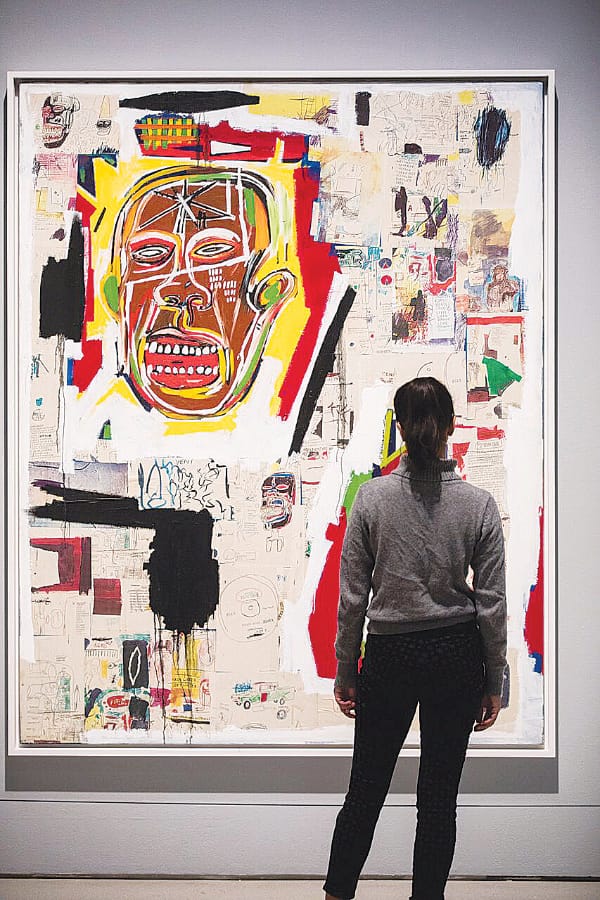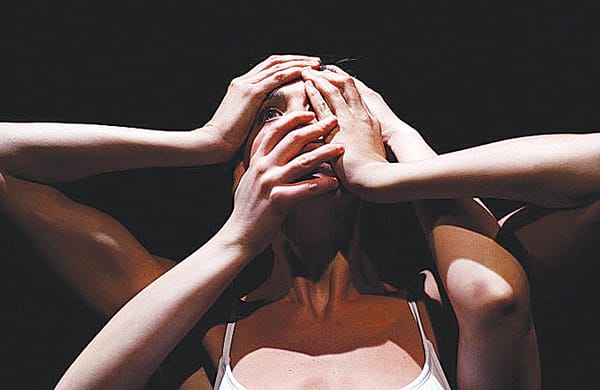Mad about the boy: Jane Eyre returns to the NT
Patchy in parts, Sally Cookson’s adaptation remains a worthy staging of the much beloved novel

Jane Eyre opens with a scream – it’s one of the moments I think most after I leave the theatre. It is at once all the things I find difficult about the performance, and what seems essential to the spirit of the original novel which is itself a howl for women’s independence and self-determination.
Adapting any novel as concerned with a single protagonist’s inner experiences as Jane Eyre is an unenviable task. Director Sally Cookson has tackled this issue with aplomb: there is much to admire in her reimagining.
First staged as a two-part play at the Bristol Old Vic in 2014, the production spent a short spell at the National Theatre three years ago, toured the country, and is now back in London. It remains an inventive sensory experience that despite its strengths sometimes becomes too enmeshed in its complex theatrics – becoming a showcase of style over substance.
Eschewing 19th century aesthetics, Michael Vale’s set is a stripped down, bare bones two-level stage has been built around a three-man band. The simple stage acts as a background to bold lighting and choreography. The company clambers up and down iron ladders in a frenzy of movement accompanied by Benji Bower’s modern folk score. Some scenes are punctuated with song – Melanie Marshall’s mellifluous voice soars above the strings. The production would not be half as successful without Marshall who, it quickly emerges, is not merely narrating the story but is the voice of the ‘mad-woman’ Bertha Mason. Cookson’s treatment of Bertha is a triumph: not only is she allowed out the attic room in which she is incarcerated in the novel and given a voice, she is also given one of the most memorable scenes in the play. The sequence in which Marshall belts out a hauntingly gothic rendition of ‘Mad About the Boy’ was spine-tinglingly good.
Other dramatic flourishes threaten to overshadow the substance of the play in some parts however. In the transitions in which Jane travels from Gateshead to Lowood, the company congregates around Nadia Clifford to form a human coach, jogging on the spot to mimic its journey through the countryside. Novel at first, by the second time it seems indulgent. Similarly, Paul Mundell’s embodiment of the dog, Pilot, is played to great comedic effect, but his enthusiastic portrayal, complete with panting and wagging tail, detracts rather than adds to the weight of some of the crucial scenes between Jane and Rochester.
Much like the novel, the play comes into its own at Thornfield. There, the chemistry between Nadia Clifford in the eponymous role, and Tim Delap, playing Rochester, is electric. Clifford in particular is superb, scrappy and rebellious as a child, self-assured with a hidden steeliness as a woman.
Despite excellent performances, timing remains an issue. The three hour run-time is at once exhausting and too short to do the novel justice. It’s at Lowood, the tyrannical boarding school Jane attends in her youth, that the play seems truncated. We have been scarcely introduced to Jane’s only friend and solace at the establishment, Helen, when she dies. We never really feel the impact her friendship and her subsequent death has on Jane. Similarly, towards the end of the play, Jane’s time with the Rivers feels rushed. The hour that was cut in order to accommodate the play as a single performance in its transition from Bristol may well have smoothed both the beginning and the end of the production.
Charlotte Brontë’s novel took the literary world by storm when it was first published in 1847, with its strong fiery heroine and its undercurrent of sexual charge, it was unlike any other novel of the time, especially not one written by a woman. Cookson’s adaptation attempts to bring that revolution to the stage – it’s a shame that it chooses to focus much of its time on thrilling the audience with dramatic staging as it’s when the actors are left alone to tell the story simply is when the production is at its most powerful.
4 Stars
Where? The National Theatre
When? Until 21st Oct
How Much? from £15








